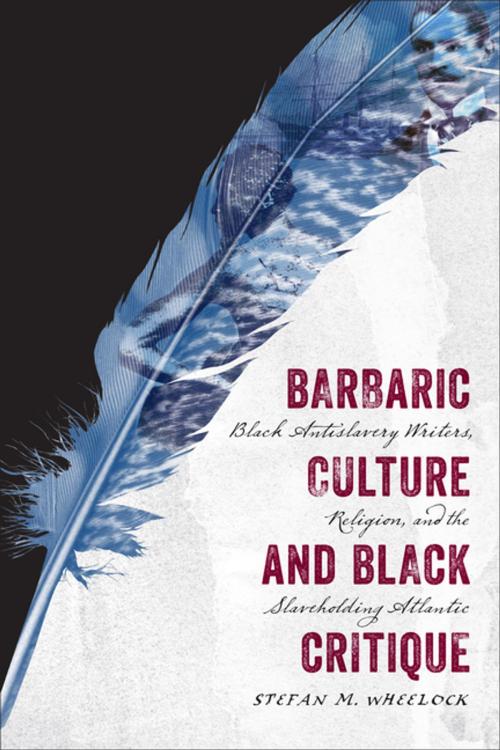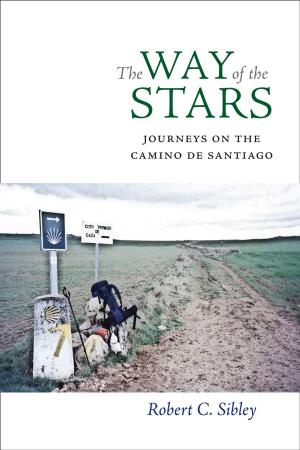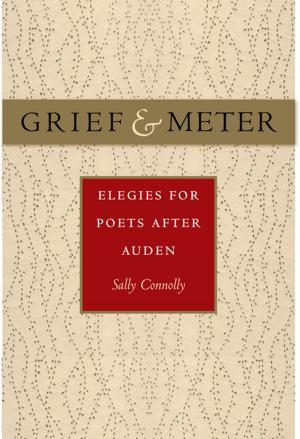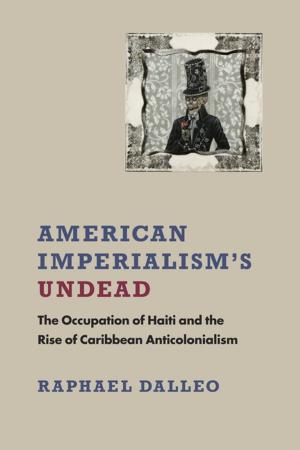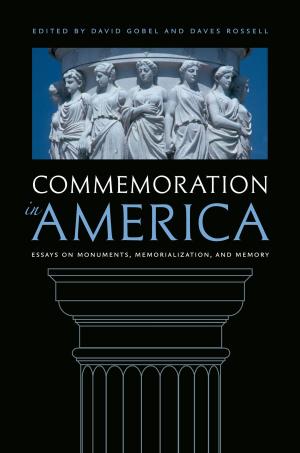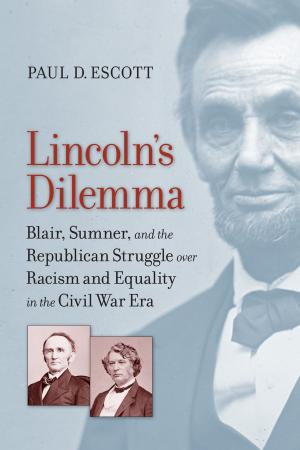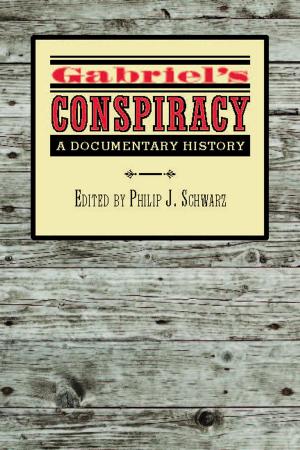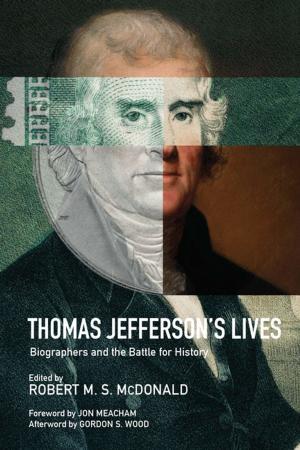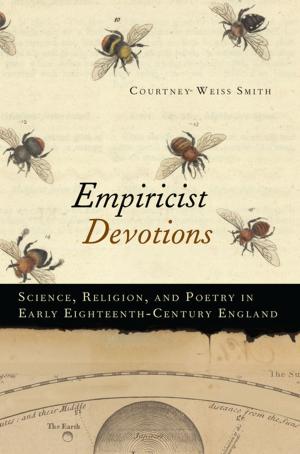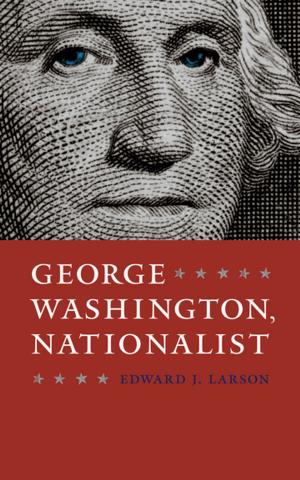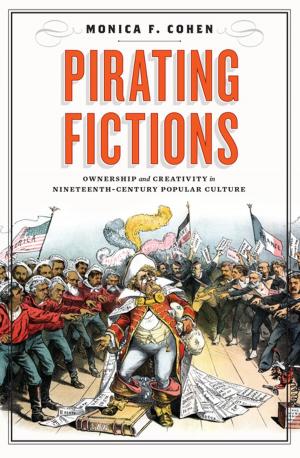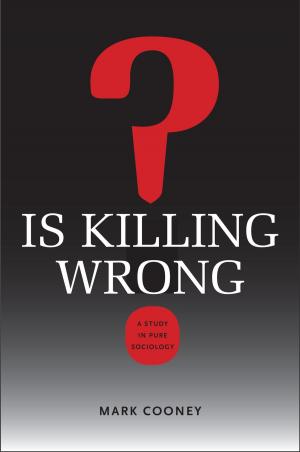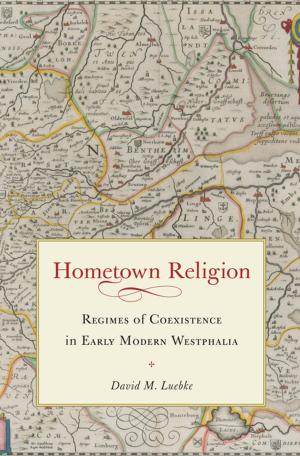Barbaric Culture and Black Critique
Black Antislavery Writers, Religion, and the Slaveholding Atlantic
Fiction & Literature, Literary Theory & Criticism, Black, American| Author: | Stefan M. Wheelock | ISBN: | 9780813938257 |
| Publisher: | University of Virginia Press | Publication: | December 8, 2015 |
| Imprint: | University of Virginia Press | Language: | English |
| Author: | Stefan M. Wheelock |
| ISBN: | 9780813938257 |
| Publisher: | University of Virginia Press |
| Publication: | December 8, 2015 |
| Imprint: | University of Virginia Press |
| Language: | English |
In an interdisciplinary study of black intellectual history at the dawn of the nineteenth century, Stefan M. Wheelock shows how black antislavery writers were able to counteract ideologies of white supremacy while fostering a sense of racial community and identity. The major figures he discusses—Ottobah Cugoano, Olaudah Equiano, David Walker, and Maria Stewart—engaged the concepts of democracy, freedom, and equality as these ideas ripened within the context of racial terror and colonial hegemony. Wheelock highlights the ways in which religious and secular versions of collective political destiny both competed and cooperated to forge a vision for a more perfect and just society. By appealing to religious sensibilities and calling for emancipation, these writers addressed slavery and its cultural bearing on the Atlantic in varied, complex, and sometimes contradictory ways during a key period in the development of Western political identity and modernity.
In an interdisciplinary study of black intellectual history at the dawn of the nineteenth century, Stefan M. Wheelock shows how black antislavery writers were able to counteract ideologies of white supremacy while fostering a sense of racial community and identity. The major figures he discusses—Ottobah Cugoano, Olaudah Equiano, David Walker, and Maria Stewart—engaged the concepts of democracy, freedom, and equality as these ideas ripened within the context of racial terror and colonial hegemony. Wheelock highlights the ways in which religious and secular versions of collective political destiny both competed and cooperated to forge a vision for a more perfect and just society. By appealing to religious sensibilities and calling for emancipation, these writers addressed slavery and its cultural bearing on the Atlantic in varied, complex, and sometimes contradictory ways during a key period in the development of Western political identity and modernity.
